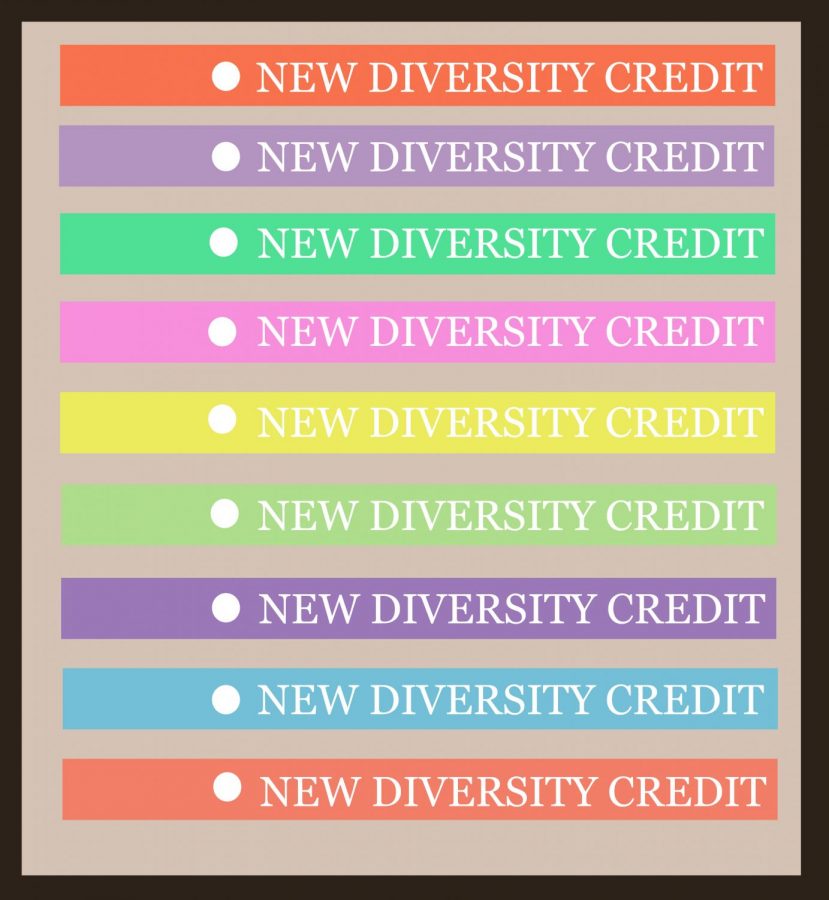OPINION: Students need diversity education
Learning is the first step toward a more inclusive world
More diversity education would help make students more aware of race issues in modern life.
June 17, 2020
The death of George Floyd has sparked a nationwide conversation about the state of our nation, especially in regards to racial issues and discrimination.
More and more people are realizing that problems with racism stem from a lack of education. Many Americans are just not educated enough on other cultures, myself included. However, if we start to focus more on diversity education and its benefits, we can begin to make a change. In order for this to happen, however, we all need to step up. We can start by taking part in diversity education and training.
Now is an especially important time to start taking action and getting informed, Jaime Nolan, associate vice president for community, equity and inclusive excellence for WSU’s Division of Student Affairs, wrote in an email. Nolan said education is needed now more than ever.
“This moment has laid bare the dark underbelly of denied history, and all of the inequities that are a result of this denial,” Nolan wrote. “For those of us who identify as White, this time is demanding that we attend to what we need to do … We must deeply reflect and consider who we are in relationship to one another and the world, the world we are now standing in.”
Stephen Bischoff, director of WSU Multicultural Student Services, wrote in an email that diversity education can help students understand current issues.
“Often, the issues that diversity trainings and education tackle are the ones that many are not comfortable or equipped to discuss,” Bischoff wrote. “If we can normalize these discussions so we can address issues that are intertwined with them, students will be able to engage in meaningful ways that can positively impact change.”
At the university level, there is a multitude of opportunities for deeper education. WSU offers a wealth of classes students can take, from comparative ethnic studies to Sociology to foreign languages and cultures. All of these classes can help us be more aware and informed of current issues so we can better help those in need.
In addition to classes, the university has several programs that aim to promote diversity education on campus. One such program is the Social Justice Peer Educator program. These individuals offer training and workshops on social justice topics. Nolan explained that WSU is also working on an equity and social justice certificate program for students.
By using these types of programs, everyone at WSU can become more informed.
“I think that diversity education is something that should be incorporated into every aspect of the university,” Bischoff wrote. “To make diversity education central to every faculty, staff and student’s learning and growth would change the mentality of how we value it and how we see it as integral to all we do.”
However, it is important to note the process of education doesn’t end with a class or training. Diversity education is a great way to start, but ultimately this is something that we must keep working on throughout our lives.
“Students will learn that being an ally, being in solidarity, being an anti-racist, does not come from reading a book, marching, or going to a workshop,” Nolan wrote. “We do not arrive at some finite destination of being ‘woke.’ This work — ‘the work’ is a lifelong process, it is aspirational and requires humility.”
In these challenging times, we need dialogue. We need to understand the struggles of others in order to truly help them.
Though these issues stretch across the nation, the importance of individual and local efforts cannot be overstated. Doing your part to educate yourself on other cultures can do wonders for your empathy.
In order to make a difference, we have to be informed. It is so important to be honest with ourselves and understand what we can do to help those who really need it. Educating ourselves is the least we can do, and we can start right now.










